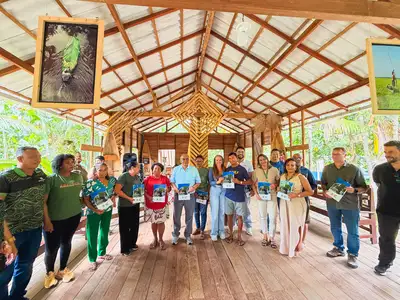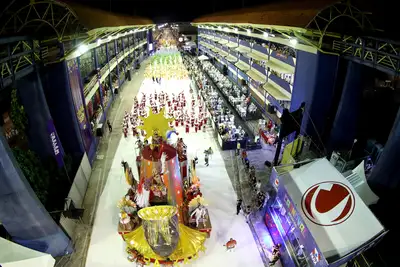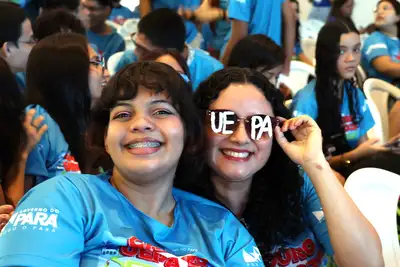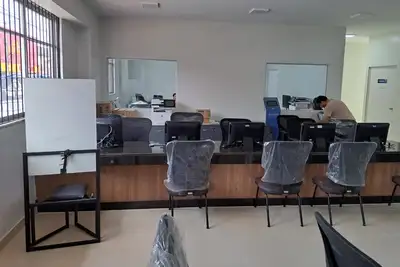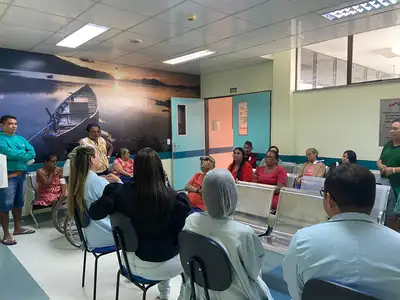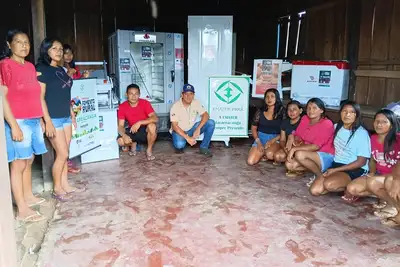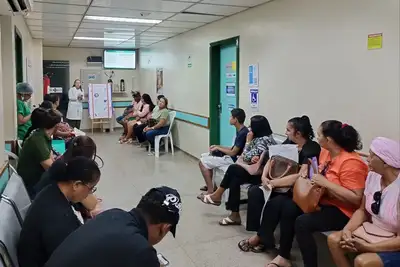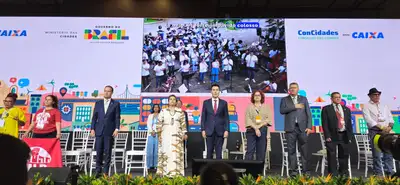State Government focuses discussions on Bioeconomy models aimed at Pará
Pará, with PlanBio and the Bioeconomy Park, continues to be a national and international reference, pointing the way to consolidate biodiversity
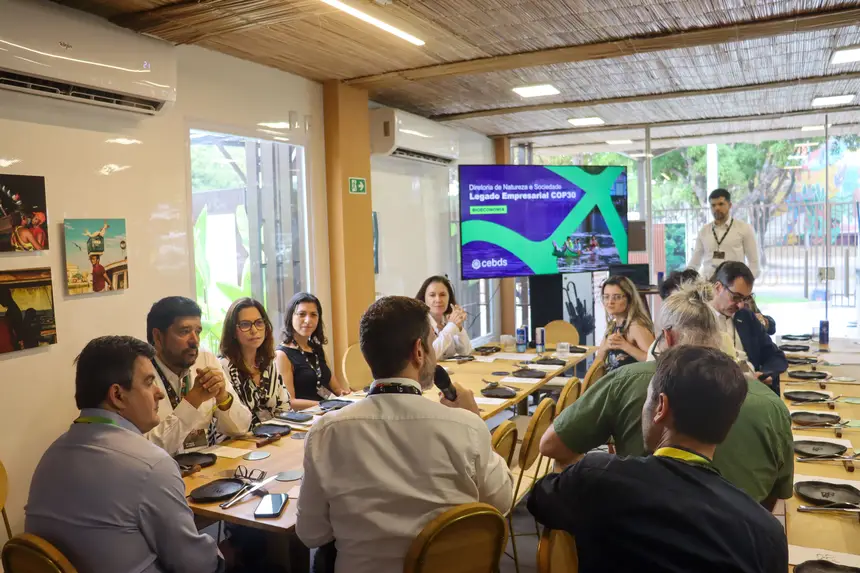
During a lunch held at EY House, Ernst & Young's (EY) space at COP30, the Brazilian Business Council for Sustainable Development (CEBDS) promoted the panel "COP30 Business Legacy: Bioeconomy." Representing the Government of Pará, the Deputy Secretary of Bioeconomy of Semas, Camille Bemerguy, presented the State's journey in consolidating a sustainable and prosperous economic model centered on the forest.
According to Camille, Pará structured its bioeconomy policy at a time when Brazil did not have national guidelines. "We learned a lot, always understanding that bioeconomy was a strategic agenda for the State, which wanted to be carbon-neutral, still not knowing very well how this would happen, but driven by a question: what is the bioeconomy that we want?" she highlighted.
Today, the Bioeconomy Plan (PlanBio) has been in implementation for almost three years, with 122 actions, of which 80% are underway. "We understood that this bioeconomy looked at the standing forest, looked at the people, recognized this ancestral knowledge, and sought to combine all this into a new economic model," affirmed Camille.
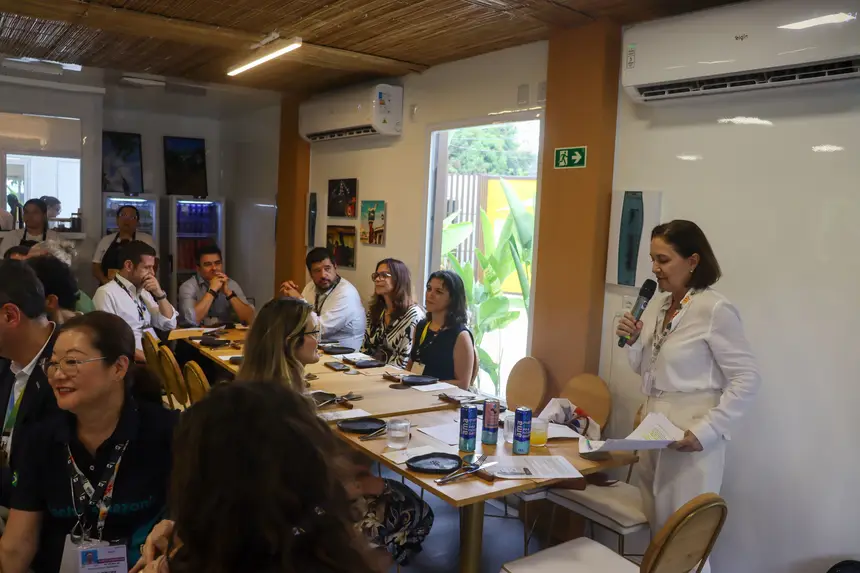
Building a new productive model
In reporting the conception of PlanBio, Camille emphasized that the goal has always been to go beyond isolated initiatives, building foundations to transform the economic structure of the State. "Not as a niche, not as an activity with only local impact, but with the potential to transform the productive and economic base of the State," she stressed.
Among the guidelines, the creation of the Amazon Bioeconomy and Innovation Park, already in operation, was highlighted. The initiative arose from the need to create an innovative environment capable of connecting science, technology, and forest businesses. "If we want to create an innovative environment for bioeconomy, we needed to create foundations, and we wanted public policy to be scalable. The question was: what is the concept, what is the logic that we will build in a reality like Pará, like the Amazon?"
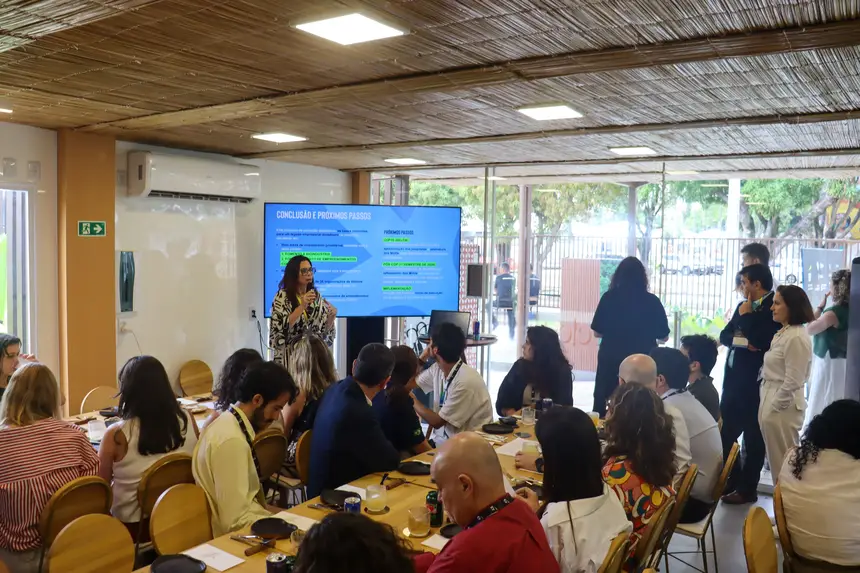
Community businesses at the center of the agenda
Another central point about bioeconomy is the recognition of the diversity of productive arrangements present in Brazilian territory and, bringing it to the regional reality, in the territory of Pará. Recognizing that community businesses must be looked at and understood in their specificities. Hence the importance of PlanBio in Pará, which studies and works on its actions recognizing the existing sociobiodiverse groups in the state, seeking to meet their specificities and promoting new connections.
Semas traveled through different regions to identify challenges faced by both communities and biotechnology and innovation startups. "We made this effort to go to the territory, understand these needs, understand the needs of the startups: what were the bottlenecks so that they did not have such a significant valley of death," explained Camille.
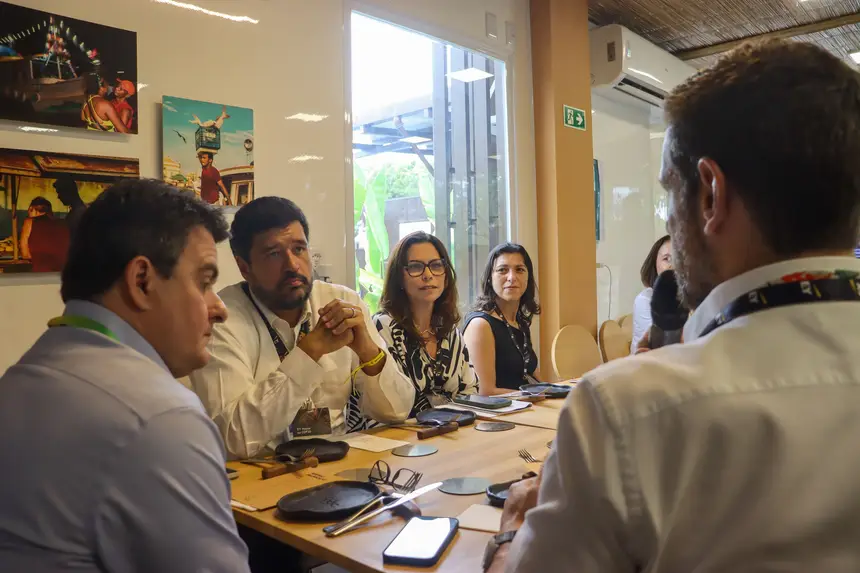
Bioeconomy and Innovation Park: a bridge between business and technology
The operation of the Bioeconomy and Innovation Park integrates community development and technological research. In a space that combines two environments. A business center, which will look at and receive these businesses in their multiple facets and be able to address responses to them, and the other a technological park with machinery that will enhance the knowledge and management of these forest populations," affirmed the deputy secretary.
The Park will host initiatives aimed at both accelerating forest enterprises and structuring an industry based on biodiversity, stimulating investment, research, and sustainable competitiveness in Pará.
The Pará that inspires
The reports from panelists recognized the work carried out by the State Government. The promotion of movements, operations, and pioneering processes, such as the Bioeconomy Park and work within PlanBio that encourage and promote extractive, quilombola, indigenous, riverside, and other communities to use the State's structure, were praised by all.
The national secretary of Bioeconomy of the Federal Government, Carina Pimenta, reinforced that "the construction of national policy directly dialogues with what States like Pará have already been implementing. We entered 2023 without any basis for what bioeconomy would be, but with a lot of demand coming from society. We need to build a political arrangement that supports what we understand to be bioeconomy for Brazil, just as Pará has been doing," she concluded.
The meeting reinforced that, both at the federal and state levels and in the private sector, there is a common understanding: the Amazon bioeconomy depends on cooperation, adequate financing, support for community businesses, and integration between science, innovation, and traditional territories. Pará, with PlanBio and the Bioeconomy Park, continues to be a national and international reference, pointing practical ways to transform biodiversity into sustainable development with social inclusion and the protagonism of forest peoples.
Text by Lucas Maciel / Ascom Semas



